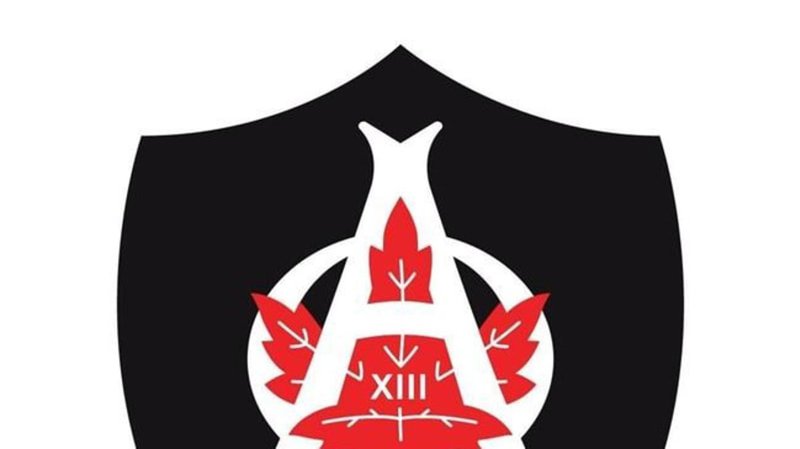
Ottawa Aces name former French international Laurent Frayssinous its first coach
A stand-off during his playing career, Laurent Frayssinous pulled the strings on the field.
“Call it the brains of the team,” he said with a laugh, before diplomatically noting that the other halfback and hooker also orchestrate the attack.
Now the former French international gets to help build a team from scratch as the first head coach of the Ottawa Aces.
Ottawa president Eric Perez introduced the 43-year-old Frayssinous in a virtual news conference Thursday. The Aces are scheduled to begin play in 2021 in the Betfred League 1, the third tier of English rugby league.


